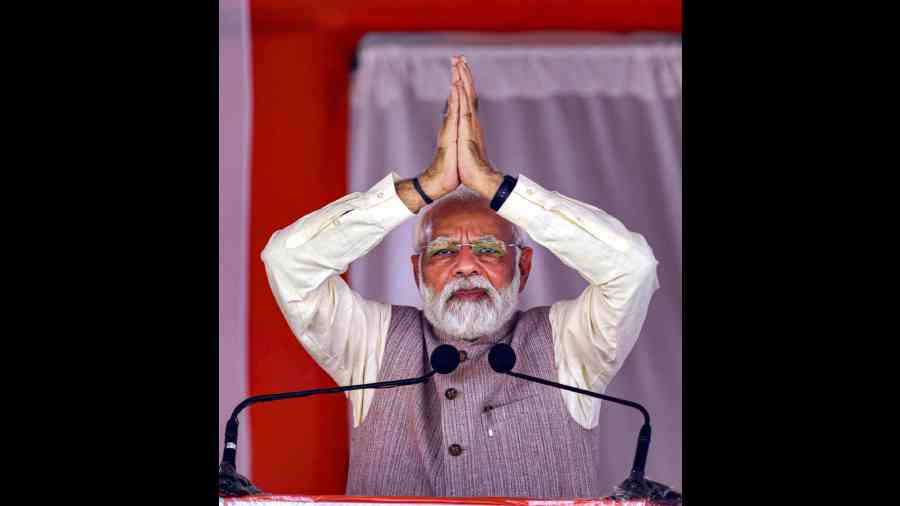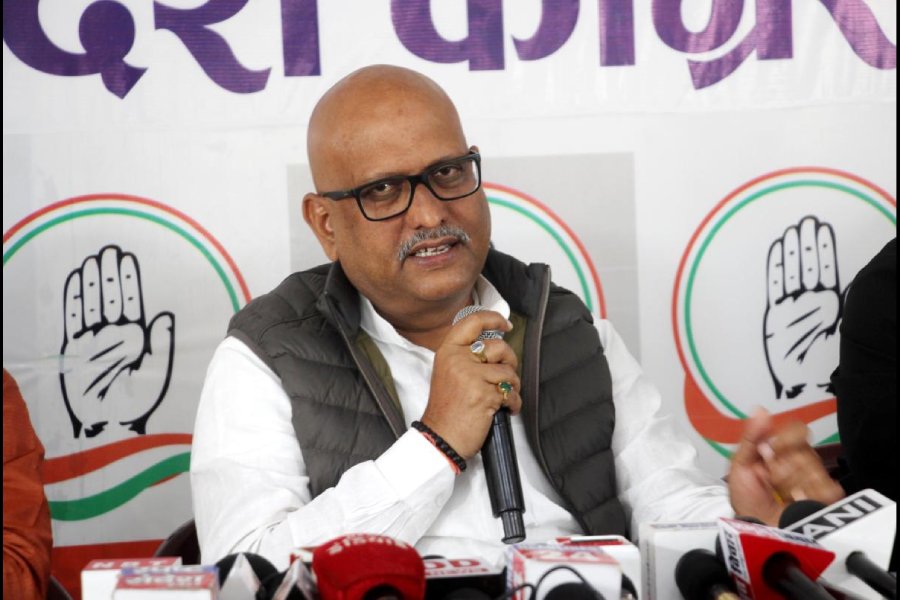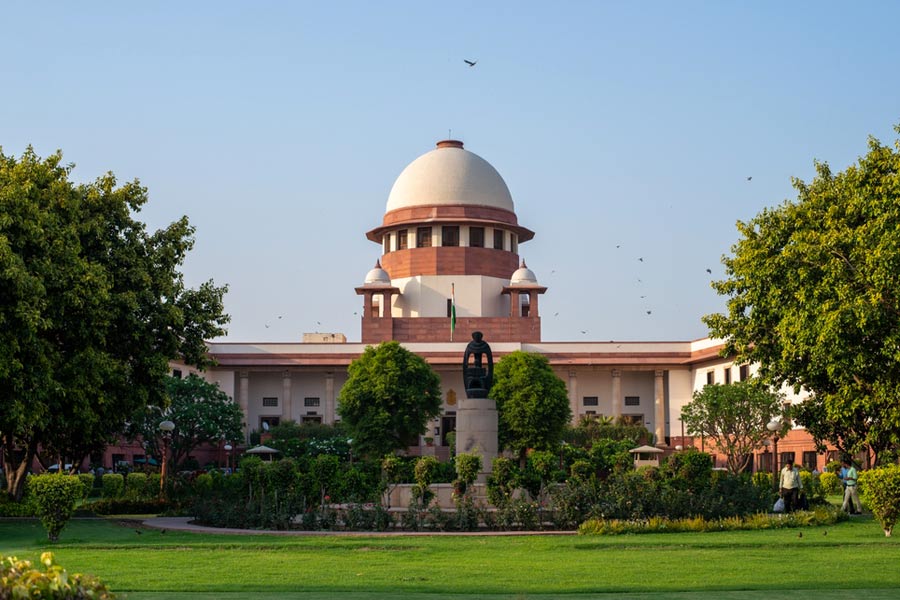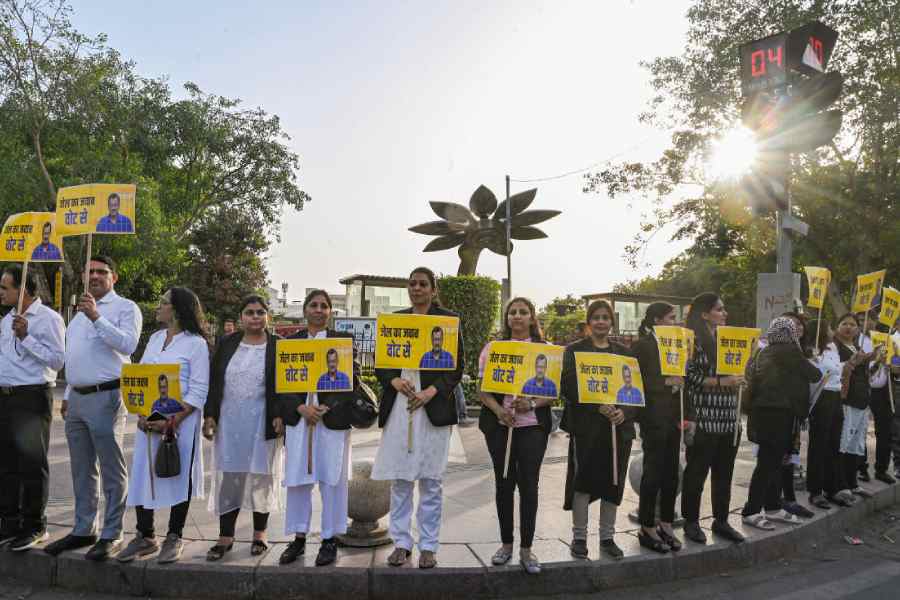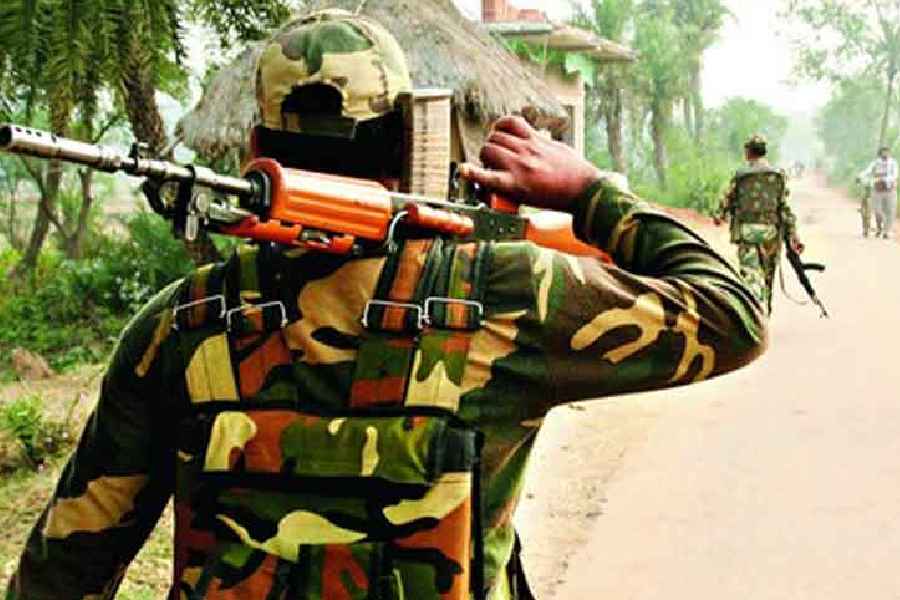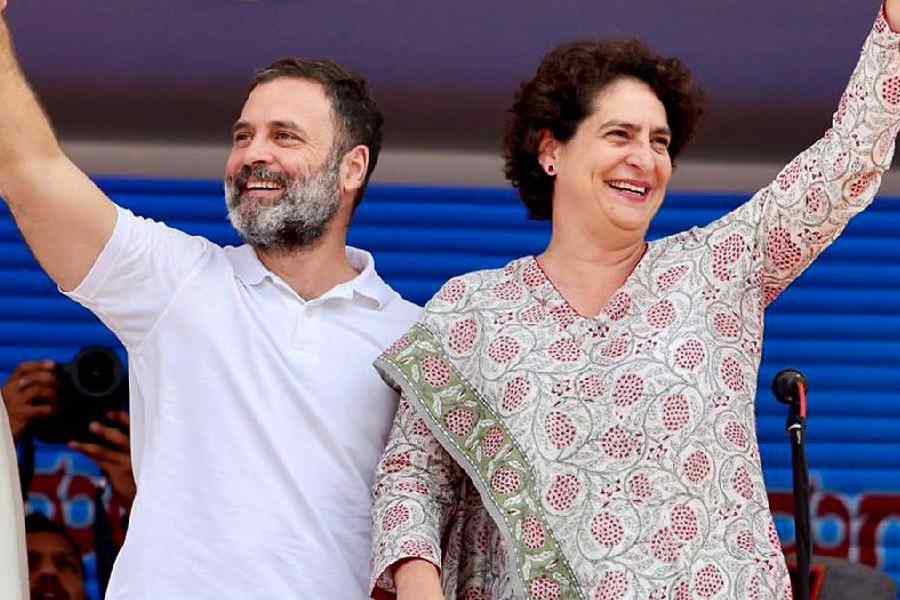The electoral success of the Bharatiya Janata Party in post-2014 India cannot be disassociated from the multifaceted story of Indian democracy. The BJP, like any other party, follows the unwritten norms of electoral politics to persuade, attract and manage voters to its advantage. This professional attitude has helped the party establish Hindutva-driven nationalism as the dominant narrative in contemporary Indian politics. In fact, the party has given a significant conceptual shift to the idea of democracy itself in recent years by describing India as the ‘Mother of democracy’.
This portrayal of the BJP’s electoral triumph, however, is almost one-sided. Pro-BJP commentators celebrate the achievements of the Narendra Modi regime. They intentionally avoid any meaningful debate on the problems, challenges and possible crises the party might face in the future. There is also a serious and engaging discussion on democratic backsliding, which looks at the decline of institutional autonomy and the growing authoritarian tendencies. This well-informed critique, interestingly, does not give adequate attention to the BJP’s structural configuration and its political dynamics. As a result, there is no discussion on the BJP’s institutional capability as a political party within the given framework of liberal democracy, especially when it is getting ready for the 2024 election under Modi’s leadership. There is a need to engage with the BJP’s internal problems for a better understanding of the present moment of democracy in India precisely for this reason. I find four critical issues in this regard.
It is important to remember that electoral success in a democracy does not always produce favourable political outcomes. The winning party has to manage its electoral dominance in such a way that it does not have any adverse effects on its internal organisational structure. At the same time, it has to work out future political adventures in a positive language. The rise of Modi as ‘the leader’ of the BJP has certainly helped the party manage its electoral victories. In fact, the party has cultivated the image of Modi not merely as a charismatic leader but also as a political symbol. In a way, the party has given Modi a two-fold responsibility: he has to invent politically suitable images to maintain himself as the prime political symbol of the BJP. At the same time, he has to perform the task of an effective communicator to offer meanings to his own image. This over-reliability on Modi has the potential of creating an imbalance in the party organisation. On the one hand, there is an extraordinary burden on Modi to become the permanent performer for the party; while on the other, there is no institutional effort to nurture a second-level leadership. This problem does not entirely stem from what is termed as ‘centralisation’. The party, it seems, is not invested in exploring the possibilities of an alternative political package or strategy.
The marginalisation of intellectuals inside the party is the second critical issue. It is worth noting that the BJP always presents its ideology of cultural nationalism and integral humanism with great intellectual pride. Leaders like Deendayal Upadhyaya, Atal Bihari Vajpayee, Balraj Madhok, L.K. Advani, and Arun Shourie were public intellectuals. The Rashtriya Swayamsevak Sangh has been instrumental in providing intellectual support to the Jana Sangh as well as to the BJP. However, the intellectual class inside the party is not as vibrant as it used to be. Except scholars like Rakesh Sinha or Ram Madhav, the BJP does not have serious intellectuals at the decision-making level. This evident demotion of the intelligentsia, it appears, will affect the institutionalised thinking culture of the party.
The third critical issue is related to the BJP’s attitude towards the autonomy of established institutions. The debate on the appointment of judges, the use of investigative agencies against Opposition leaders, and even the disqualification of Rahul Gandhi create a strong impression that the BJP leadership wants to control the entire system in its favour. There is certainly an element of truth in this criticism. However, the problem is much more complicated. We should not forget that the BJP is an institution in itself. It is an inseparable constituent of two very powerful coalitions: the ideological coalition of the sangh parivar and the electoral coalition called the National Democratic Alliance. For the effective functioning of these coalitions, the BJP has to abide by institutional ethics of some kind. The growing tendency to disrespect or eventually ignore the autonomy of institutions, in this sense, will be counter-productive for the BJP in the long run. The party has a decisive legislative majority in Parliament and in state assemblies. Modi’s popularity has not gone down yet. In such a context, there is no need to neglect the independence of institutions.
The induction of professional politicians from other political parties is the BJP’s fourth problem. The party has emerged as the most powerful political entity in India in the last nine years. It was natural for Opposition leaders to embrace the BJP for a better and secured political future. Consequently, a large number of leaders from different parties joined the BJP. The overwhelming enthusiasm of these professional politicians helped the BJP expand its mass base across regions. The arrangement was also beneficial for these leaders. They were able to protect their own constituency of voters without disrupting the BJP’s aggressive electoral strategies. However, this balance of power is not going to produce desired results in the long run. Professional politicians often prefer to associate themselves with the winning party. They have joined the BJP because they want to take maximum advantage of the Modi phenomenon. These professional politicians will not stay with the BJP if the party fails to retain power. Karnataka and West Bengal are two very revealing examples of this tendency.
The BJP, we must remember, does not merely represent a political ideology; it is very much part of the democratic ecosystem of the country. The challenges faced by the BJP, in any case, are linked to the practicalities of our democracy. The survival of the BJP as a democratic party, in this sense, is politically crucial and democratically desirable.
Hilal Ahmed is Associate Professor, CSDS, New Delhi

